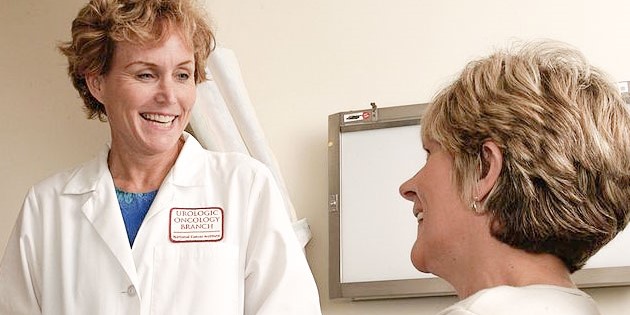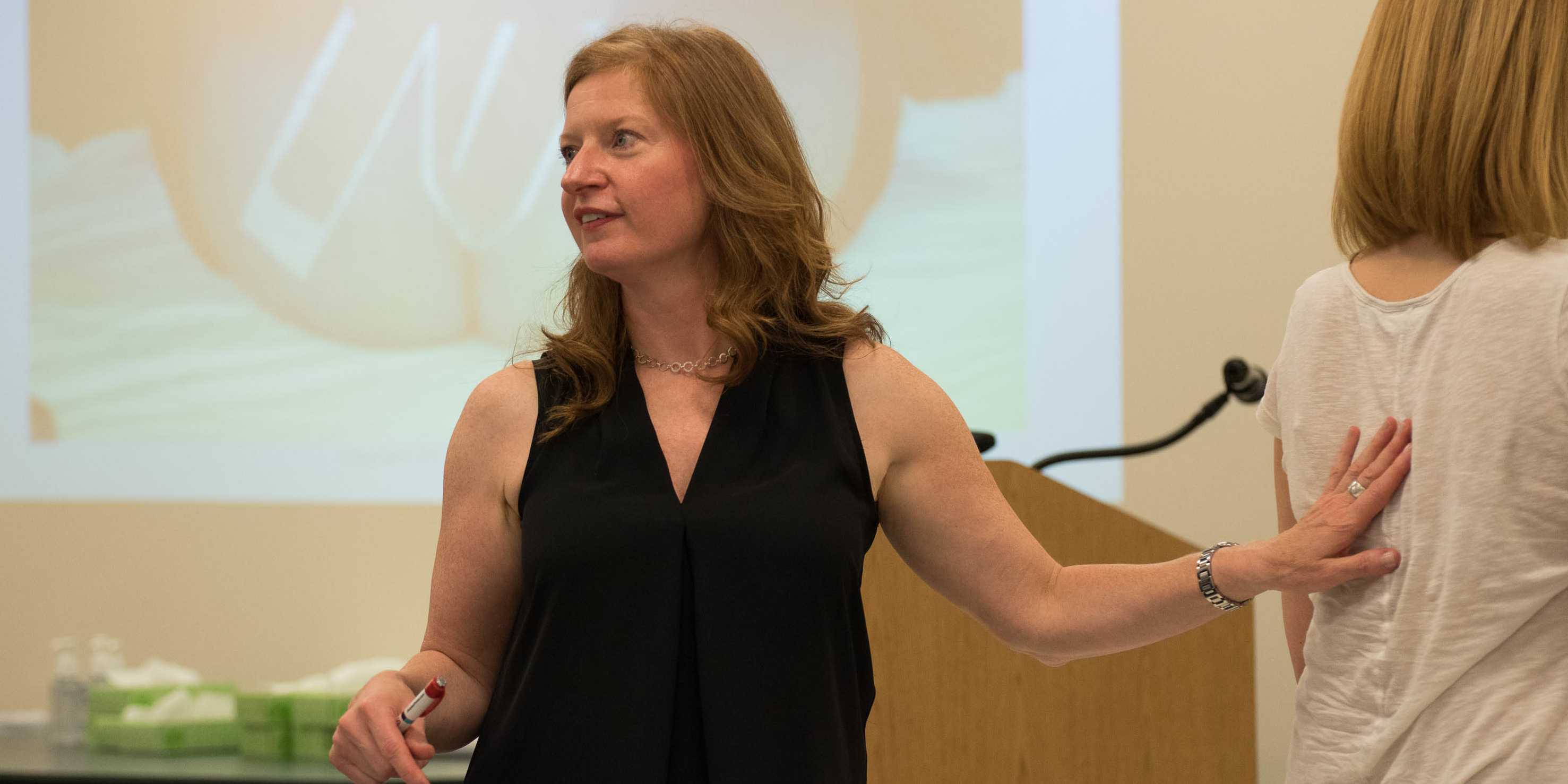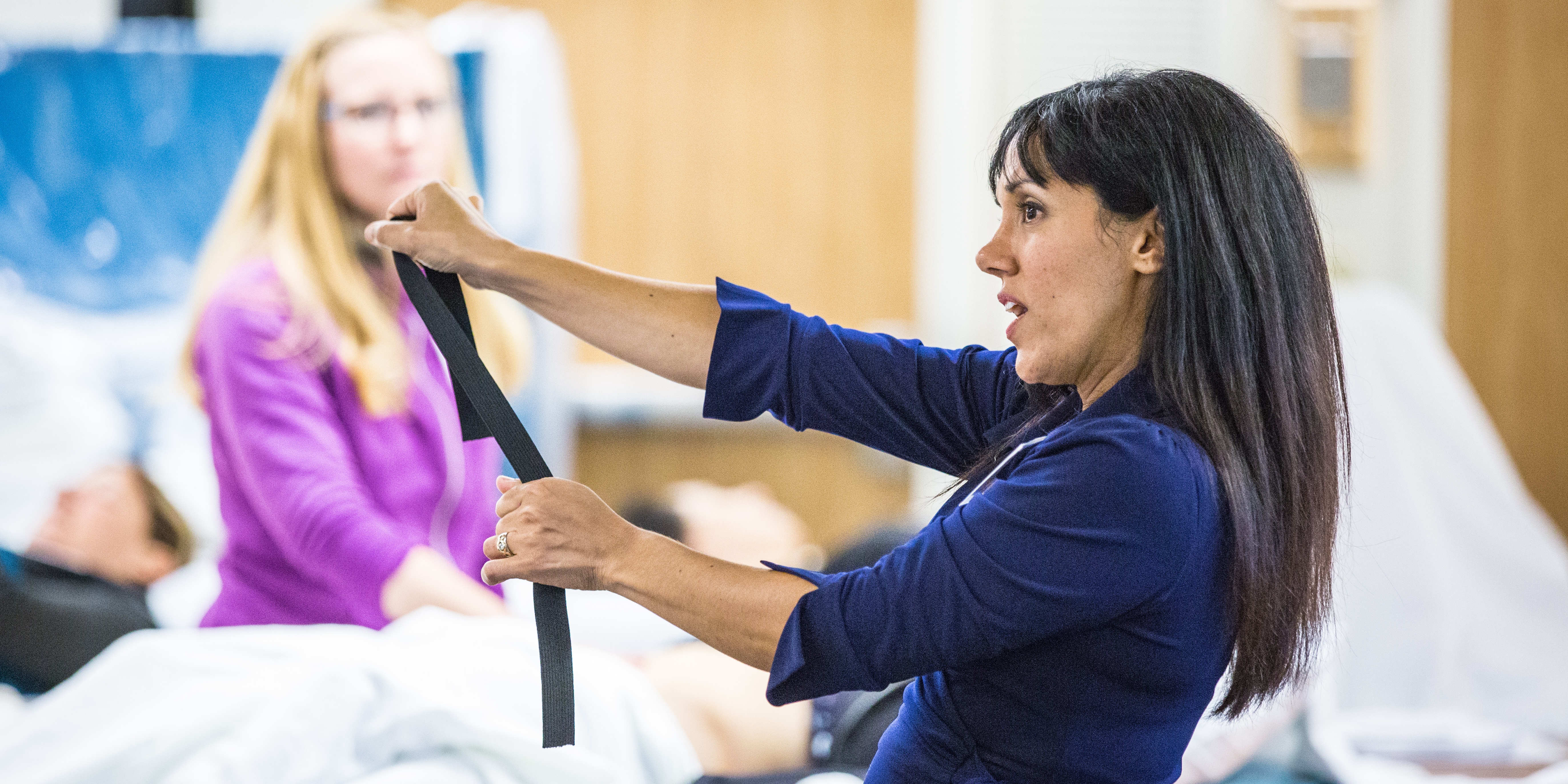Do night lights cause cancer?
"Do night lights cause cancer?" is the title of a blog post written by biofeedback expert and PhD psychologist Dr. Erik Peper. Follow the link above and you can decide for yourself if the post is compelling. Researchers in this studypublished in the Cleveland Clinic Journal of Medicine asks "Does lack of sleep cause diabetes?" Poor sleep quality or not enough hours of sleep are often considered as precursors to health impairments as the body does much of its cellular regeneration and other restorative functions during the sleeping hours. These questions and concerns bring us to the concept of "Sleep Hygiene."
The American Academy of Family Physicians has published this full text articlethat describes several components of insomnia treatment, including sleep hygiene. Reasons for insomnia may include anxiety, depression, fibromyalgia, sleep apnea, menopause, pain, or restless legs syndrome. Medications that can contribute to lack of sleep include alcohol, nicotine, caffeine, diuretics, beta blockers, and stimulant laxatives. The authors describe sleep hygiene as one part of a cognitive behavioral therapy (CBT) approach to treat insomnia, which can be comprised of 4-8 sessions. Each session may be 60-90 minutes long and topics covered may include behavioral education for stimulus control, sleep restriction, relaxation therapy, and paradoxical intention (trying to stay awake.)
The concepts included in sleep hygiene (adapted from the above study) are as follows:
- Avoid caffeine and nicotine, particularly before bedtime.
- Avoid exercise 4 hours prior to bedtime.
- Avoid large evening meals.
- Avoid taking naps during the day.
- Rise and sleep at same times each day (even on weekends!)
- Keep a comfortable temperature in bedroom.
- Keep the bedroom very dark.
- Set aside time to unwind or use relaxation techniques before bed.
By accepting you will be accessing a service provided by a third-party external to https://hermanwallace.com/










































